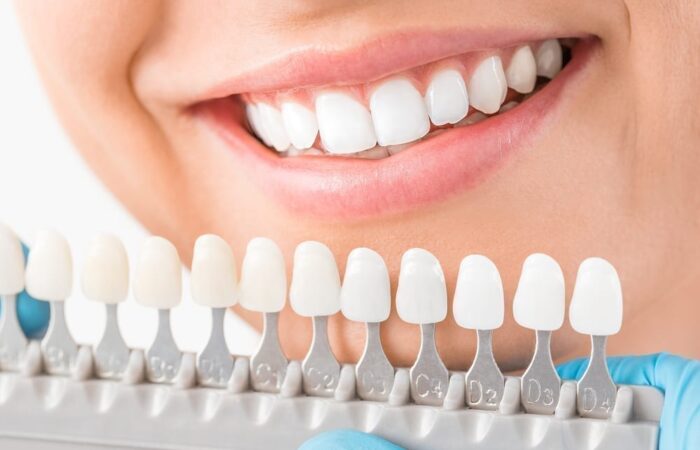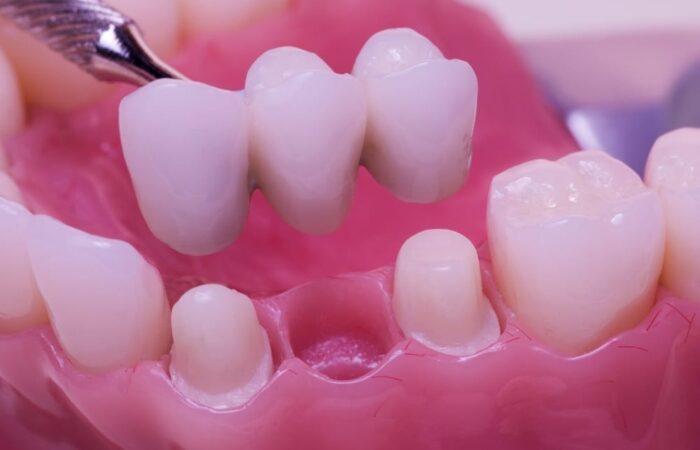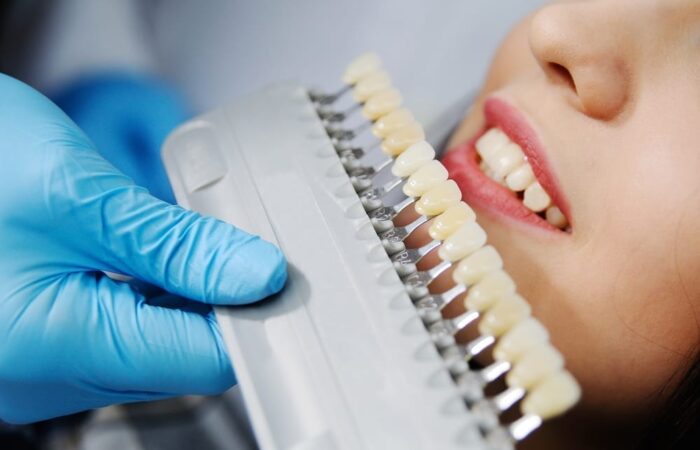Do You Have TMD?
Temporomandibular Joint Disorder (TMD) is a common disorder that can be both painful and uncomfortable, particularly if not managed properly. The Temporomandibular joint connects your jaw to the temporal bones of your skull. Problems with this joint can cause pain with moving your jaw to chew, talk, yawn and laugh.
If you think you may have TMD, consider the following information and contact your dental professional.
How Do You Develop TMD?
Nobody really knows why some people are more susceptible to TMD than others. Some reasons why people develop TMD include receiving a blow to the jaw or whiplash whereas some cases have completely unknown causes.
Other reasons may include:
- grinding your teeth – this puts excessive pressure on the joint, causing it to ache
- stress which causes you to clench your jaw and facial muscles
- malocclusions where your teeth do not fit together correctly
- deterioration of the joint itself through ageing or arthritis
What Are the Signs and Symptoms of TMD?
TMD causes a strong pain that can be temporary or one that can come and go for many years. Symptoms vary from person to person, but include:
- pain when you yawn or open your mouth wide
- clicking or popping in your joint when you chew
- lock-jaw when your mouth is open or closed, causing pain when you try to unlock your jaw
- a tired, painful feeling when you chew and general tiredness in your face and facial muscles
How Can TMD Be Managed?
If you believe you have TMD, there are some things you can try at home to relieve the pain. Depending on your symptoms and what the cause of your TMD may be, you could try using over-the-counter medications, heat packs or using a night guard to avoid grinding or clenching your teeth while sleeping.
Your dentist will be able to provide you with the advice you need to manage your TMD. Depending on the severity of your TMD, dental work may assist in relieving the symptoms.
What Can You Do If You Think You Have TMD?
If you think you have TMD, it’s important to visit your dentist so they can conduct a thorough physical exam and ask you questions about your health. Through these methods, they will determine the cause of your pain and discomfort. Your dentist will also be able to take facial X-rays to rule out other problems that may be causing TMD, such as damage to your teeth or joints.
Contact Titirangi Dental to Relieve Your TMD
At Titirangi Dental, we can offer you information and personal advice on TMD and other dental health needs. Our dental team is trained in identifying, treating and managing TMD in the long term. We will do so in a way that puts your mind at ease. Our attentive and educated team are here to make sure you are receiving the best care possible for your teeth. For all your oral health needs, contact Titirangi Dental in West Auckland to make your appointment today.




